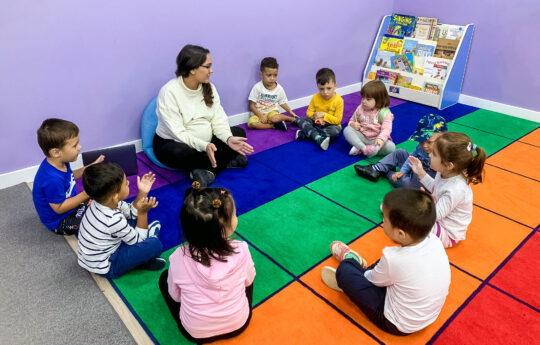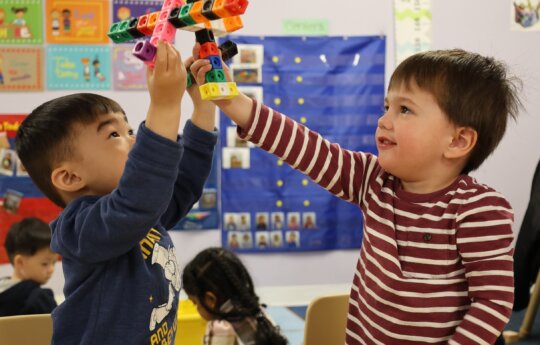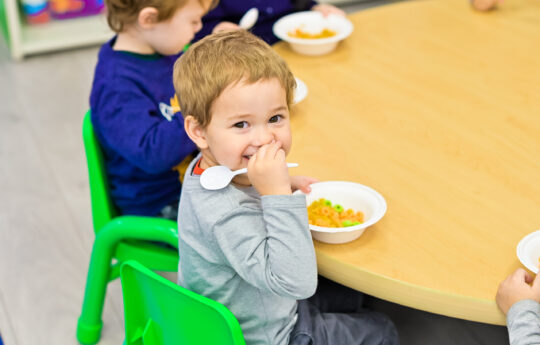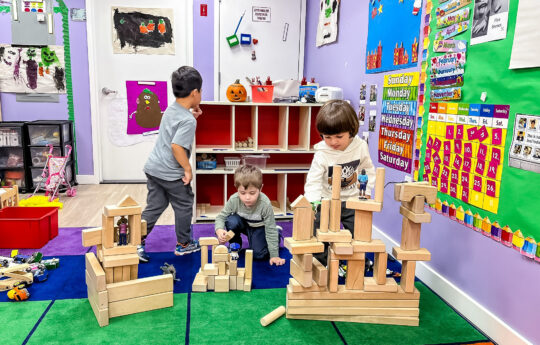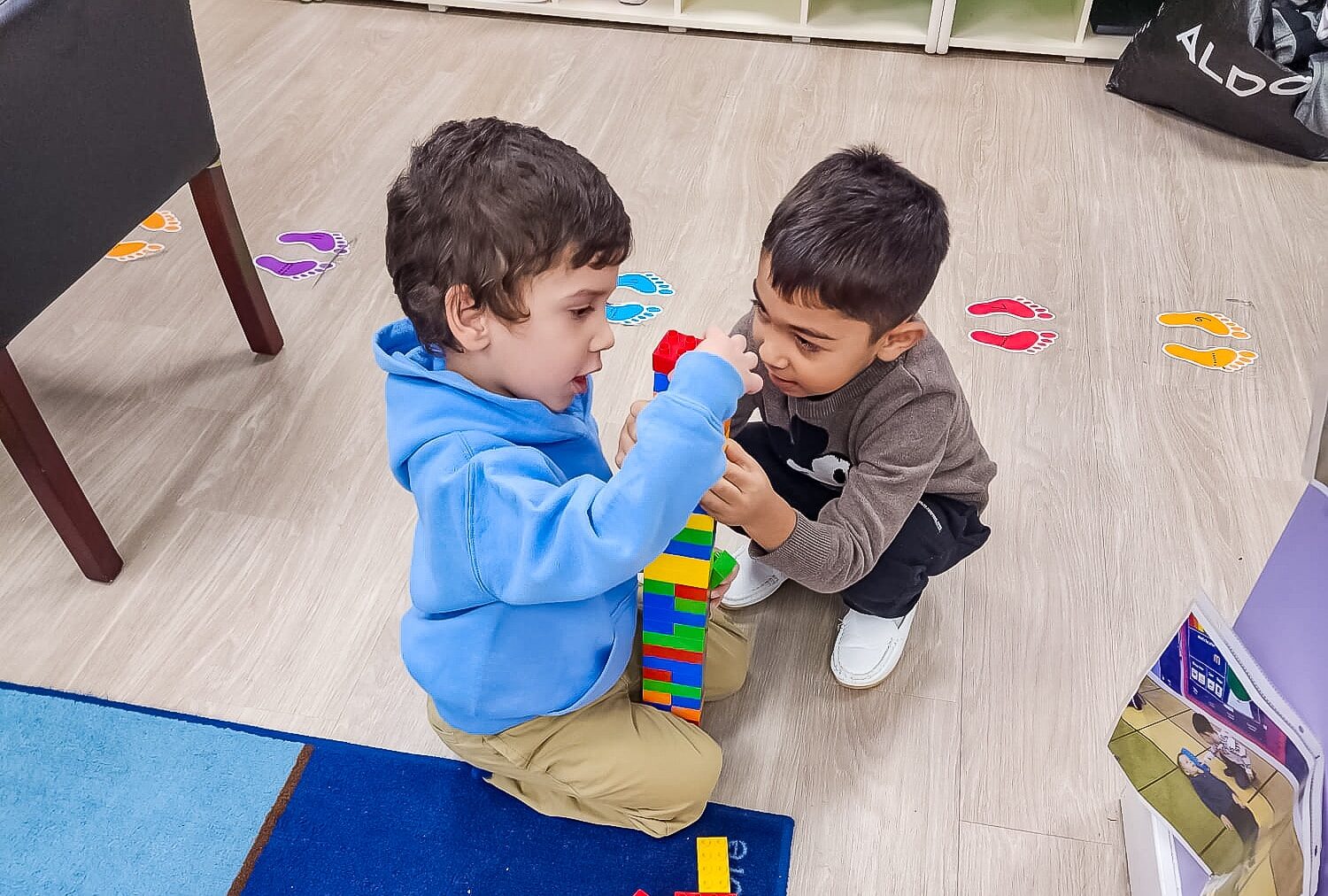
Social interests start to take center stage around the preschool age. At around this age, many children make the decision about their friendships on their own. Many parents dislike whom they consider the “bad friends baby”.
You can often hear the following phrase: “My child is not like that. His friends have a bad influence on him”. Although this may be the case, many times a child usually makes friends with children who are somewhat similar to him. Therefore, keep in mind that the parents of your kid’s friends may feel differently when you assert that they are the cause of the issue of your child’s misbehaving.
But usually, kids don’t stop making friends just because their parents don’t approve of them or even try to cut them off. In order to help your child navigate the process of maturing and making new acquaintances, you must choose the best strategy for dealing with him.
Criticizing a Child Is Not Helpful
Friendship for children of all ages is very important. Criticizing the child’s friends or pointing out that they are doing badly is ineffective. Kids usually stand up for their buddies. As a result, don’t expect a productive conversation if you say: “Your friend is horrible”.
Even if the child is aware of it, he will still defend his mate. Recognize that, in some ways, you are also condemning the child when you criticize his friends. Additionally, it will just worsen the situation and have a bad impact on the child–parents also run the risk of losing their child’s trust.
View your child as an individual and treat him like so. Recognize that the youngster has the freedom to decide for himself, including who his companions will be. However, if you believe the company is improper for your child, attempt to calmly express your concerns and what you wish to do to shield him from negative influences.
Talk to Your Child More Often
It’s crucial for a child to understand that you are his castle and calm haven, where he will always be accepted, understood, and loved without condition, regardless of how he interacts with peers and others in his environment. Children don’t have the bravery or mental fortitude to venture out into the world and form healthy connections unless they are content with this acceptance and support.
Intervene if another child’s behavior or interaction with yours is toxic, but instead do it without a confrontation and calmly talk to your baby. Give your child a chance to express his opinions once you have discussed your observations. He might have previously considered how to deal with this and would welcome the chance to discover a method to alter the course of events. A vital parenting skill for parents of any age is accepting their children’s emotional experiences when you don’t jump in and try to solve things yourself.
Inform the kid that you disapprove of the way his companions are acting. You could say something like, “I don’t like that you hang around with folks that are usually in problems.” With them, you could possibly encounter undesirable circumstances so be prepared for anything. Although it is not necessary to constantly remind the child of this, you can do so on occasion. Don’t pass judgment, but rather stick to the facts. Talk as calmly as you can to the child about his pals to get him to be more accepting.
Don’t Forbid Friendship
A child prioritizes their buddies above all else while they are young and asserts that nobody understands them outside their buddies. You won’t be able to persuade your child with open criticism, no matter how awful you believe they are. Some kids even enjoy it when their parents dislike their friends since it gives their bond a unique character.
You will not be able to choose the “right” friends for your child all his life, but you can teach him to understand people on his own. Talk about what you don’t like about her friend’s behavior and why it is unacceptable rather than forbidding communication. Teach the child to think for himself and not to follow his peers’ example.
Focus on Behavior
Create a connection of trust with the child so that he can turn to you for assistance or guidance in the event of any ambiguous circumstances. You will only alienate your child and worsen the problem if you condemn, forbid, or even overtly pressurize them. Increase your tolerance, especially with people you don’t like. Don’t assign other kids the blame for your child’s conduct.
Say that he will be entirely responsible for himself and that he must draw his own conclusions rather than saying, “It is where friendships with bad friends like this baby will lead to” or “this is what friendship with H brings you.” Boost the child’s self-worth and help him acquire leadership skills so he may learn to withstand other people’s influence.
Children need to know that their parents trust them to make friendship decisions and engage in relationships. That doesn’t exclude them from contributing to the process, offering counsel, or simply being there for them in their distress when things aren’t going well.

